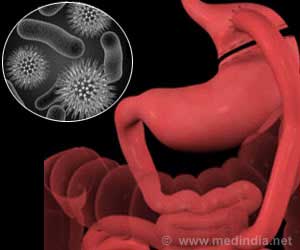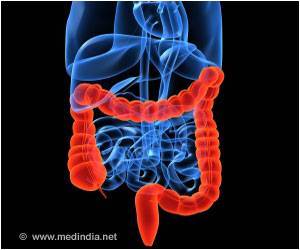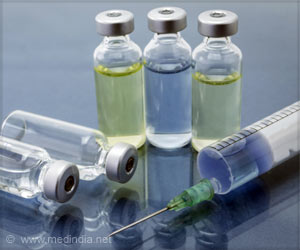Gut bacteria may be added as a new risk factor for abnormal blood lipids, in addition to age, gender, body mass index (BMI) and genetics.

Using state-of-the-art deep sequencing technology, the research team studied the association between gut microbes and blood lipid levels in 893 people in the Netherlands. They identified 34 different types of bacteria that contributed to differences in body fat (BMI) and blood lipids such as triglycerides and the good cholesterol known as high-density lipoprotein (HDL).
Bacteria in the gut contributed to 4.6% of the difference in body fat, 6% in triglycerides and 4% in HDL. Fu said, "Surprisingly, gut bacteria had little relationship with bad cholesterol (low-density lipoproteins or LDL ) or total cholesterol levels. As less than 30% of bacteria in the human gut have been cultured, we know very little about who they are and what they do. With state-of-art deep sequencing technology, we are now able to identify them."
The study findings may open the door to new therapies to alter the gut bacteria types that contribute to body weight, fat and cholesterol levels to help aid in the prevention of heart disease.
The study appeared in Circulation Research.
Source-IANS















